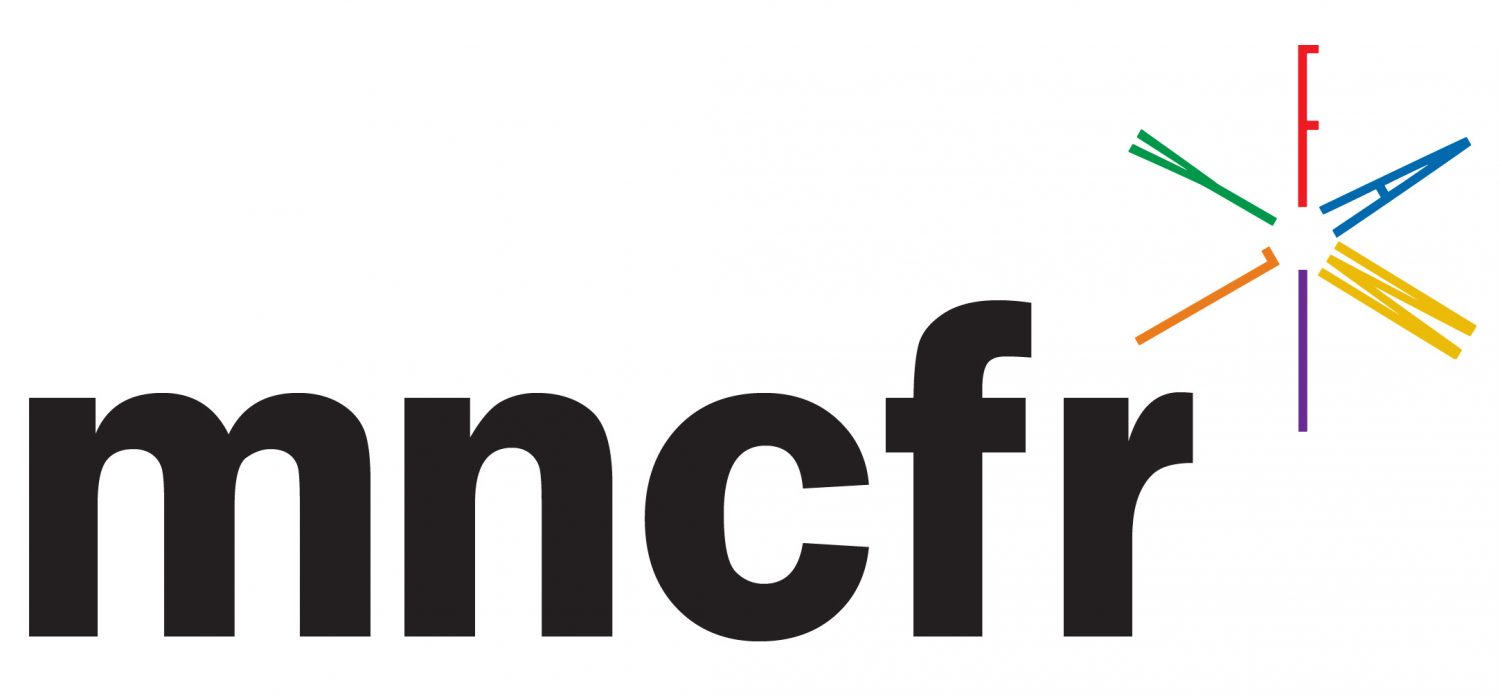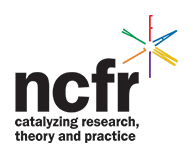is now the official publication of the Minnesota Council on Family Relations.
MinneNews is a newsletter intended to be a timely vehicle to share research articles, book reviews, conferences, and events submitted by MNCFR members.
Lessons from the Canada Goose by Dr. Ada Alden, CFLE 5/15/17
The Canada goose family fascinates me. Presently, many clusters inhabit the neighborhoods through which I run. Both adults are flightless after their goslings hatch. Until flight feathers grow in, Ma and Pa Canada Goose are always available, walking one in front and one in back of their goslings. Under pressure, the family unit stands together. Shared family events are never a question; parents can’t get away.
Sharing the parenting role comes with the Canada Goose package. Nature builds in essential goose programs, but humans must devise their own, Humans can’t rely on instincts. They must be purposeful. In our too busy world, we perhaps should reflect on the value of being physically and psychologically available to our children. Parental availability is critical in the development of a sense of self-worth and emotional well-being in young children. A child’s relationship with parents- the sights, sounds, smells and feelings he or she experiences as well as the challenges met-not only influence his or her mood, but actually affects the way the brain is wired. Early experiences help determine brain structure, thus shaping the way people learn, think and behave lifelong. Canada Geese act like they have read the research.
Outside intruders like TV, videos, mobile phones and over-scheduled calendars need to be held at bay. Learning nursery rhymes and reading stories should take priority over IRAs, mall sales and fast food joints. Adult silence, adult distancing, and adult unavailability confuse children. At the end of a busy workday, whether at home or at a place of employment, it would be smart to remember the Canada Goose. I believe we need to be wary of overusing our flight feathers. Maybe we, too, should walk with our goslings more often.
July 4, 2016 Book Review
Reviewed by MNCFR Member Lowell Johnson
In The Whole Brain Child 12 Revolutionary Strategies to Nurture Your Child’s Developing Mind, (2012) Dr. Siegel and co-author Tina Payne Bryson apply the theory of mindsight to parenting. Written to an audience of parents, this book offers basic neuroscience and brain integration background paired with numerous stories of how mindsight can be applied to a variety of parenting struggles.
The twelve strategies offered to nurture whole brain development are;
-
- Connect and Redirect: Surfing Emotional Waves
- Name It to Tame It: Telling Stories to Calm Big Emotions
- Engage, Don’t Enrage: Appealing to the Upstairs Brain
- Use It or Lose It: Exercising the Upstairs Brain
- Move it or Lose It: Moving the Body to Avoid Losing the Mind
- Use the Remote of the Mind: Replaying Memories
- Remember to Remember: Making Recollection a Part of Your Family’s Daily Life
- Let the Cloud of Emotions Roll By: Teaching That Feelings Come and Go
- Paying Attention to What’s Going On Inside
- Exercise Mindsight: Getting Back to the Hub
- Increase the Family Fun Factor: Making a Point to Enjoy Each Other
- Connect Through Conflict: Teach Kids to Argue with a “We”in Mind
The creative combination of brain science and practical, positive parenting makes The Whole Brain Child a valuable resource for both parents and parent educators.
May 9, 2016 Book Review
- Mindsight can be cultivated through practical steps.
- When the skill of mindsight is developed, it actually changes the physical structure of the brain.
- Well-being is created through a circular process of positive human connections and increased integration of brain functions.
The Forum Archives…
Past issues of The Forum are archived, and links will continue to be available. The Communications Committee and the entire MNCFR Board appreciate the hard work and dedication of all previous editors of The Forum. We particularly honor Ron Pitzer, who retired in 2015 and was the longest-serving editor. Thanks, Ron!

